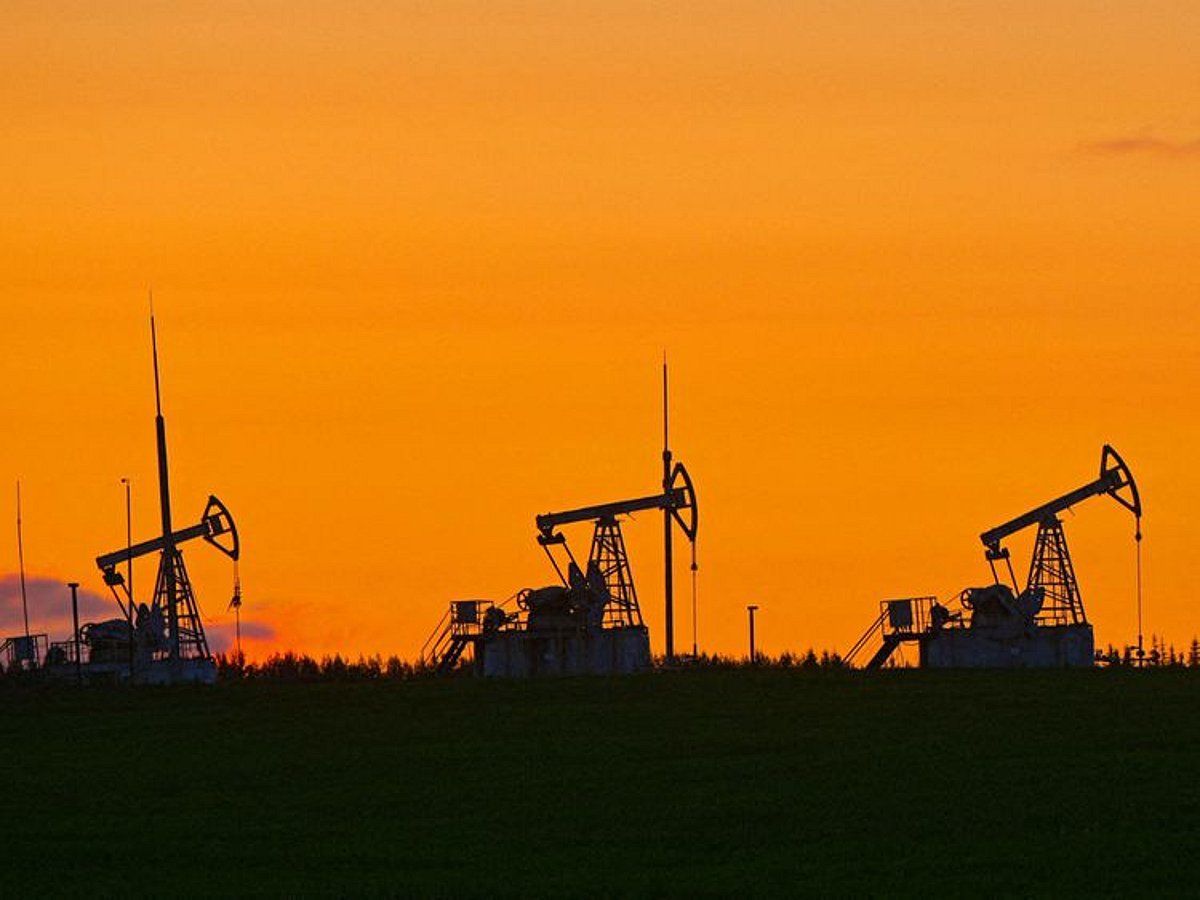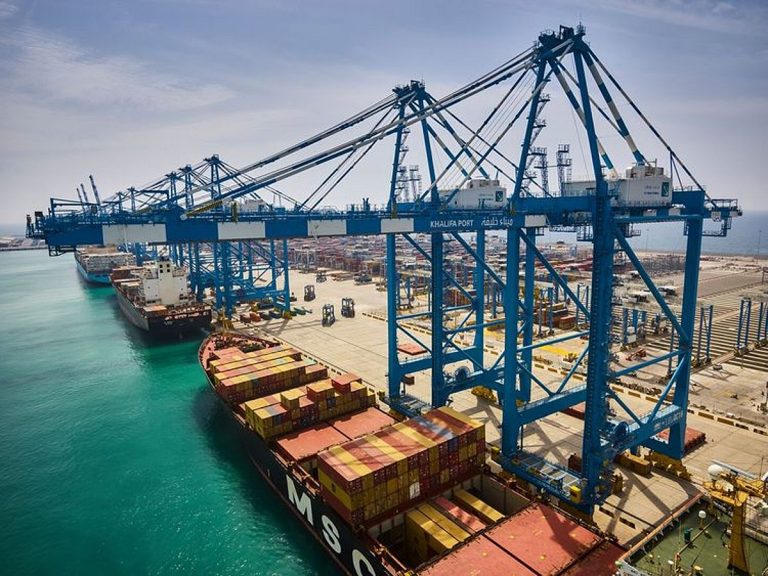Saudi Arabia and Algeria Sign $5.4B Energy Deal
Saudi Arabia and Algeria have entered into a significant agreement aimed at enhancing their energy collaboration. This partnership focuses on the exploration and production of hydrocarbons in Algeria’s Ilizi Basin, reflecting a growing commitment to mutual economic interests in the energy sector.
Details of the Agreement
The contract was signed between Algeria’s state-owned oil company Sonatrach and Saudi Arabia’s Midad Energy North Africa. Valued at approximately $5.4 billion, this production-sharing contract emphasizes both oil and gas exploration in the Ilizi Basin. Notably, Midad Energy will fully finance the project, committing a total investment of $5.4 billion, which includes $288 million earmarked specifically for exploration activities.
Projected Outcomes
The partnership is expected to yield substantial results, with projections indicating total production could reach around 993 million barrels of oil equivalent by the end of the contractual period. This figure includes an estimated 125 billion cubic meters of natural gas, highlighting the strategic importance of this collaboration for both nations.
FAQs
What is the significance of the deal between Saudi Arabia and Algeria?
The agreement represents a major step in enhancing energy cooperation between the two countries, focusing on the exploration and production of hydrocarbons in Algeria.
How much is Saudi Arabia investing in this project?
Saudi Arabia is investing approximately $5.4 billion in the project, with $288 million allocated specifically for exploration efforts.
What are the expected production outcomes of this partnership?
By the end of the contractual period, the partnership is projected to produce about 993 million barrels of oil equivalent, including 125 billion cubic meters of natural gas.
Conclusion
The recent agreement between Saudi Arabia and Algeria marks a pivotal moment in their energy relationship, with significant investments and production expectations. As both nations move forward, this partnership is likely to strengthen their positions in the global energy market.
The Ilizi Basin, where the exploration and production activities will take place, is known for its rich hydrocarbon reserves. This region has been a focal point for Algeria’s oil and gas industry, contributing significantly to the country’s economy. Algeria is a member of the Organization of the Petroleum Exporting Countries (OPEC) and has been working to attract foreign investment to bolster its energy sector, which has faced challenges in recent years due to fluctuating oil prices and domestic production declines. The partnership with Saudi Arabia, one of the world’s largest oil producers, is expected to provide not only financial resources but also technical expertise that could enhance operational efficiencies in the region.
The agreement comes at a time when global energy markets are undergoing significant transformations, with a growing emphasis on energy security and diversification of supply sources. Both Saudi Arabia and Algeria are looking to strengthen their energy portfolios amid increasing competition from other oil-producing nations and the rise of renewable energy sources. By collaborating on this project, both countries aim to leverage their respective strengths—Saudi Arabia’s extensive experience in large-scale oil projects and Algeria’s established infrastructure and regulatory framework for hydrocarbon exploration.
Furthermore, this deal aligns with Saudi Arabia’s broader Vision 2030 initiative, which seeks to diversify its economy away from oil dependency and invest in various sectors, including energy. For Algeria, the partnership represents an opportunity to revitalize its energy sector and enhance its production capabilities, potentially leading to increased revenues and job creation. As the global demand for energy continues to evolve, this collaboration may serve as a model for future partnerships between oil-rich nations, fostering greater cooperation in the face of shared challenges and opportunities in the energy landscape.
Also Read:
Key Challenges After Gaza Peace Agreement Signed in Cairo







